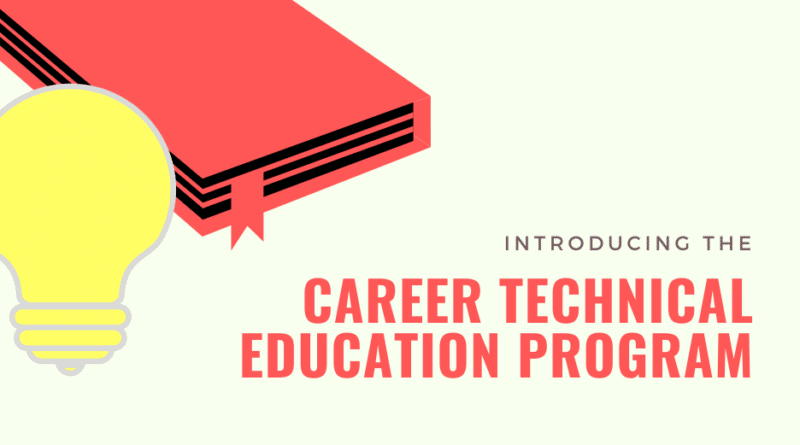Career Technical Education About Success after High School
“It really takes from those old (Regional Occupational Program) models, and it brings it into the 21st century,” said Aurora Westwood Thompson, director of career technical education and state and federal programs for the Nevada Joint Union High School District. “We always look at what are the industries in our community where we see future employment opportunities. We take those right off the workforce development plan. It gets away from the model of dividing out college-based careers, to kind of putting it all in one pot, careers in general in our region.”
A big part of CTE is getting students out into local industries to develop the skills necessary to succeed in their post-high school paths, but with the COVID-19 pandemic, the program has had to adapt.
“Internships and work-based learning is a huge component of CTE and something we’ve really made a focus over the past year,” said Thompson. “We have internship coordinators at both Nevada Union and Bear River. Their primary role and purpose is to place students out into industries either for job shadowing experience or various internships, paid or unpaid, and that is taking a different shape as we look at next year.
“At first we thought, ‘Well, we won’t have anybody out next year,’ but then we thought, ‘We could do better.’Thompson said she will be reaching out to community partners and exploring options for internships that pose no health risks for the student.
“It will definitely look different, but we would like to keep it as local as we can and not just use boxed products, digital internships from around the U.S. We want to make sure our local industries are represented.”
HIGH DEMAND
CTE offers courses in agriculture and natural resources, arts, media and entertainment, building and construction trades, engineering and architecture, health science and medical technology, hospitality, tourism and recreation, information and communication technologies, manufacturing and product development, and transportation.
“Based on our workforce needs, all these careers are in high demand right now,” said Dan Frisella, Nevada Joint Union assistant superintendent. “Industries are looking for individuals with specific skills training. It’s become a more viable career path than just the goal of going to college and then figuring it out from there.”
Classes are offered at multiple levels — exploratory, foundation, intermediate and advanced.
Several of the CTE courses are done in labs or shops which may not be available if schools are not reopened in the fall.
“Where it gets difficult for us is when we look at our more traditional programs that are shop-based or lab-based,” said Thompson. “When we look at our student situation we certainly have parameters and obligations to keep our students safe. So the programs that are fully virtual are going to be watered down from what the hands-on component would be. It’s just the nature of the game right now.
“With that, we have found some really great virtual platforms, particularly in automotive, that we’re looking at piloting to try to get as much skills-based instruction into that virtual format. But there’s no replacement in some of those courses, and I want to stress ‘some,’ for the hands-on tasks that happen in a classroom or a shop.”
Last school year, more than 1,100 Bear River and Nevada Union students took part in CTE courses. Thompson said the program will be expanding and be offered to all high schools in the district next school year.
“We’re going back to those essential learning outcomes,” said Thompson. “We recognize that if we don’t have students in seats for 180 days, there are going to be some things that we’re going to have to do differently. There are safety components that can be taught online, and now leveraging those new platforms, making sure we’re touching on all those major objectives, making sure we’re not short changing students on what we think they should be getting out of those classes. And, I think we’ll be better for it in the end, because we really stayed down to what’s truly important.”
Thompson added, “we’re certainly hoping we have some class time to do the hands-on component.”
Walter Ford

- Email: wford@theunion.com
- Phone: 530-477-4232
- Social:
Walter Ford is the sports editor at The Union and absolutely loves his job.
Walter grew up in Nevada County and takes great pride and pleasure in covering local athletics. He is a Nevada Union graduate and has a bachelor’s degree in journalism from Chico State. He joined The Union in 2011, after working as a sports stringer for the Chico Enterprise-Record.
Walter lives in Grass Valley with his beautiful girlfriend and two amazing daughters. In his spare time, he tries to relive his youth by playing rec basketball, flag football and softball in local leagues

